Blog
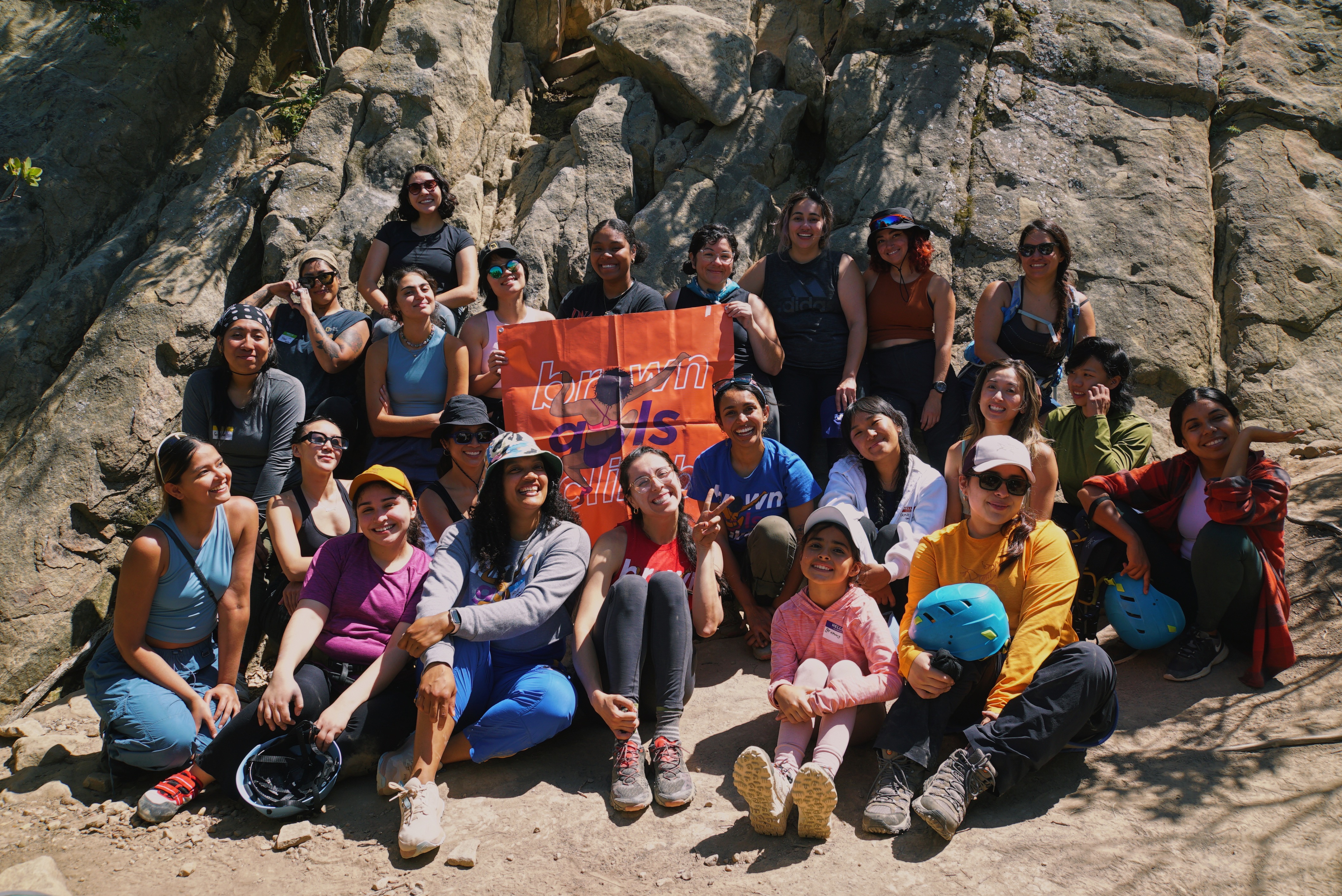
Three Years of the Get Into Nature Initiative Yields Positive Results
The National Recreation Foundation has collaborated with Tom’s of Maine since 2020 to increase access to nature for youth across the United States. The Get Into Nature initiative has allowed NRF to reach small,
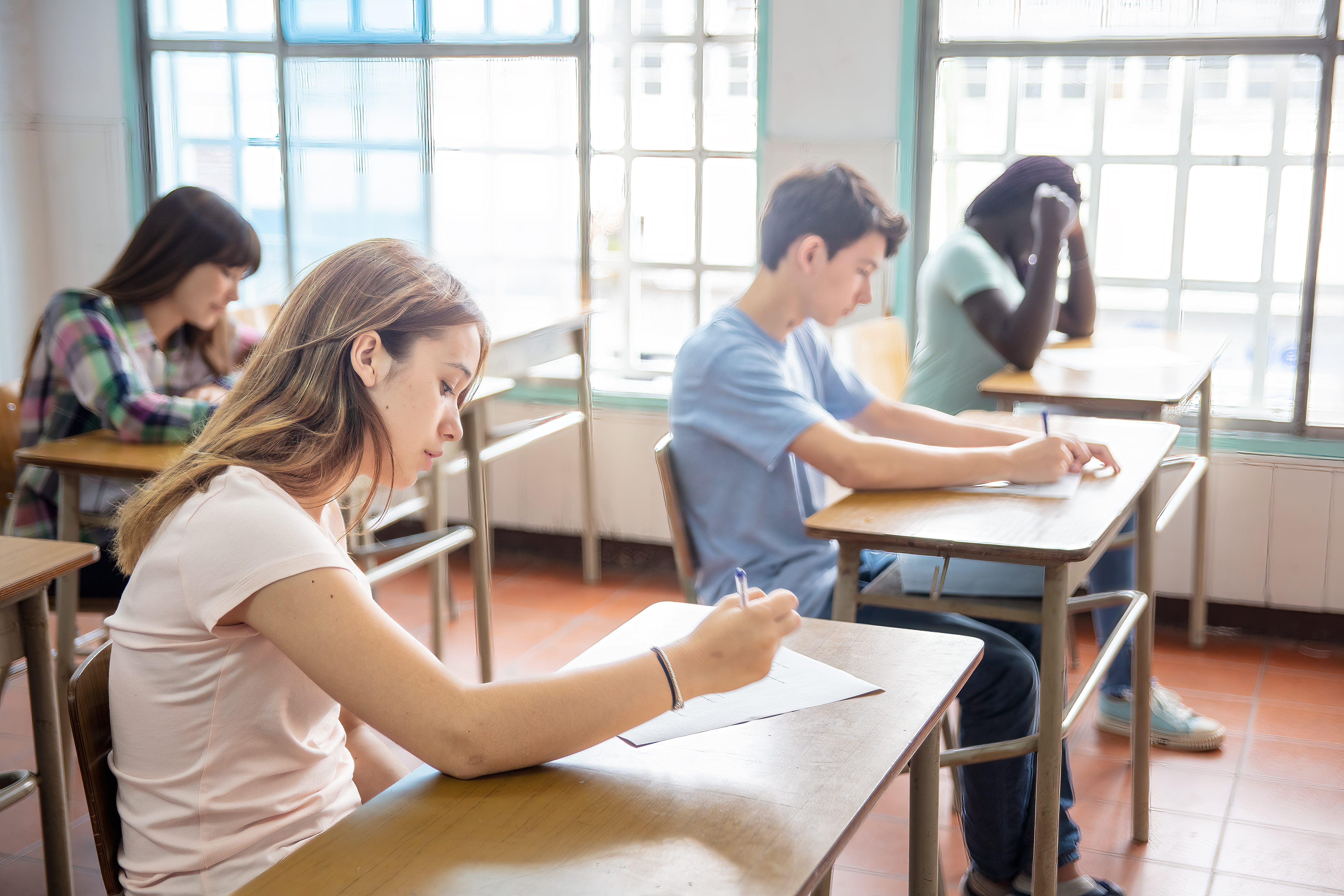
Adolescents & Burnout
Many people look back on their teen years as a time of extremes. Lots of things feel heightened during adolescence, from day-to-day emotions and the intensity of friendships to frustrations at school and shifting family

Wrap-Around Services Support Youth Outcomes
For many young people, the barriers that prevent them from accessing opportunities are more like webs than walls. There are often multiple, intersecting factors that make it difficult for young people to succeed rather
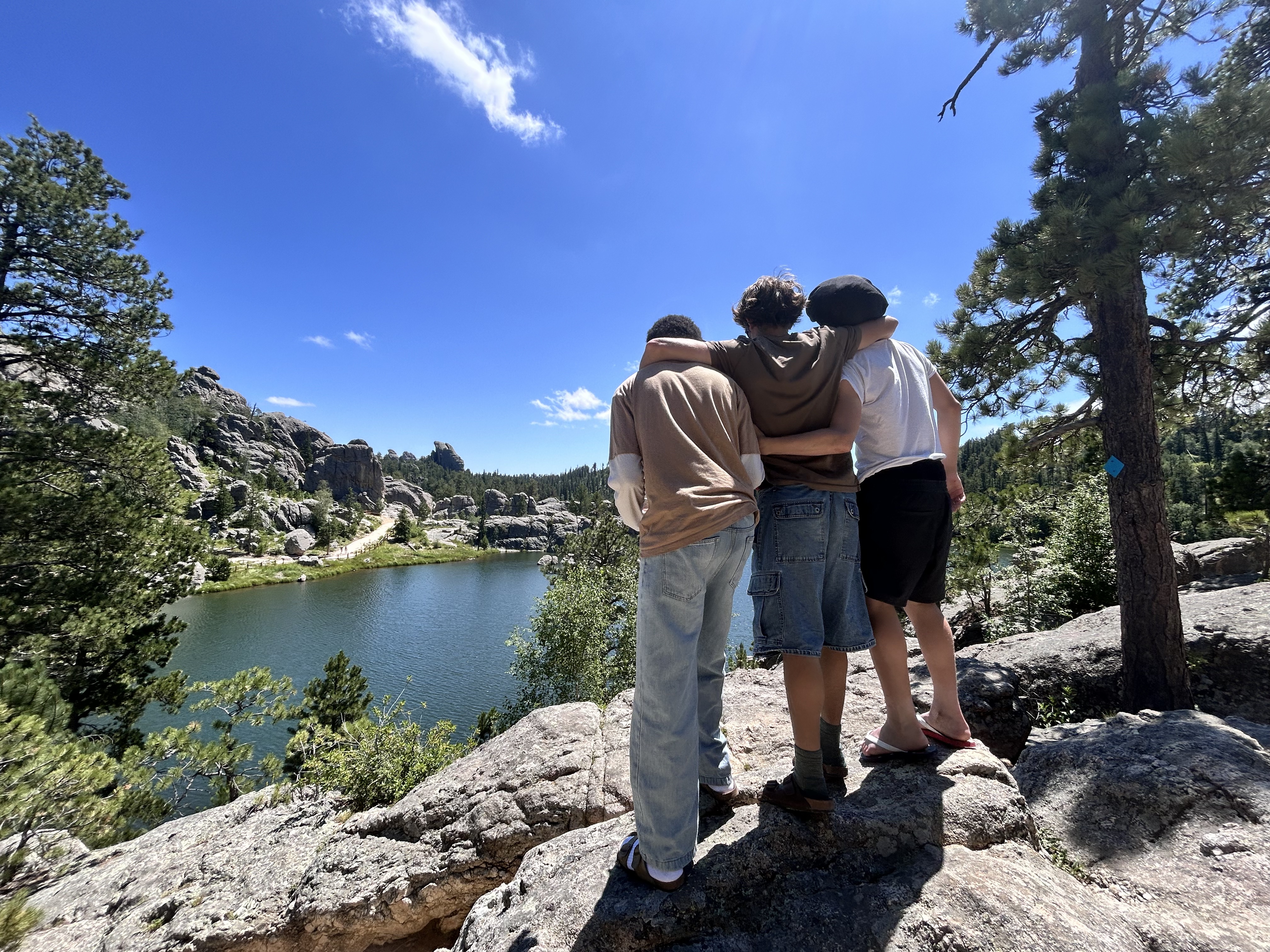
Grantee Spotlight: Refugee Education and Adventure Challenge
Refugee Education and Adventure Challenge (REACH) is an outdoor recreation organization based in Chicago that serves refugee youth and their families. REACH was founded in 2015 by Shana Wills, who had decades of
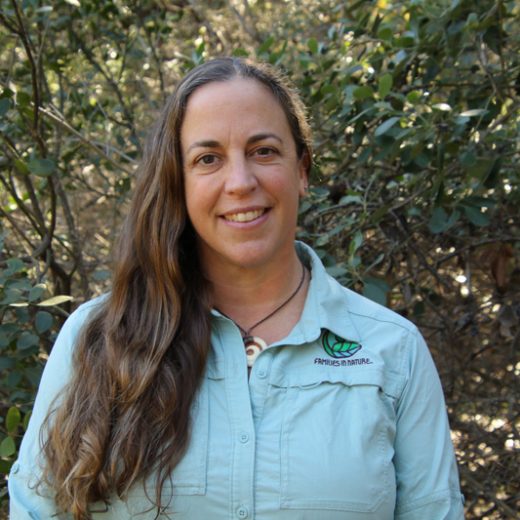
Heather Kuhlken Awarded NRF’s 2025 Crawford Prize
For the past 10 years, I have been planning how we [Families in Nature] can meaningfully scale our work, how we can replicate it, and how there can be thousands of me instead of just me. The Crawford Prize will allow us
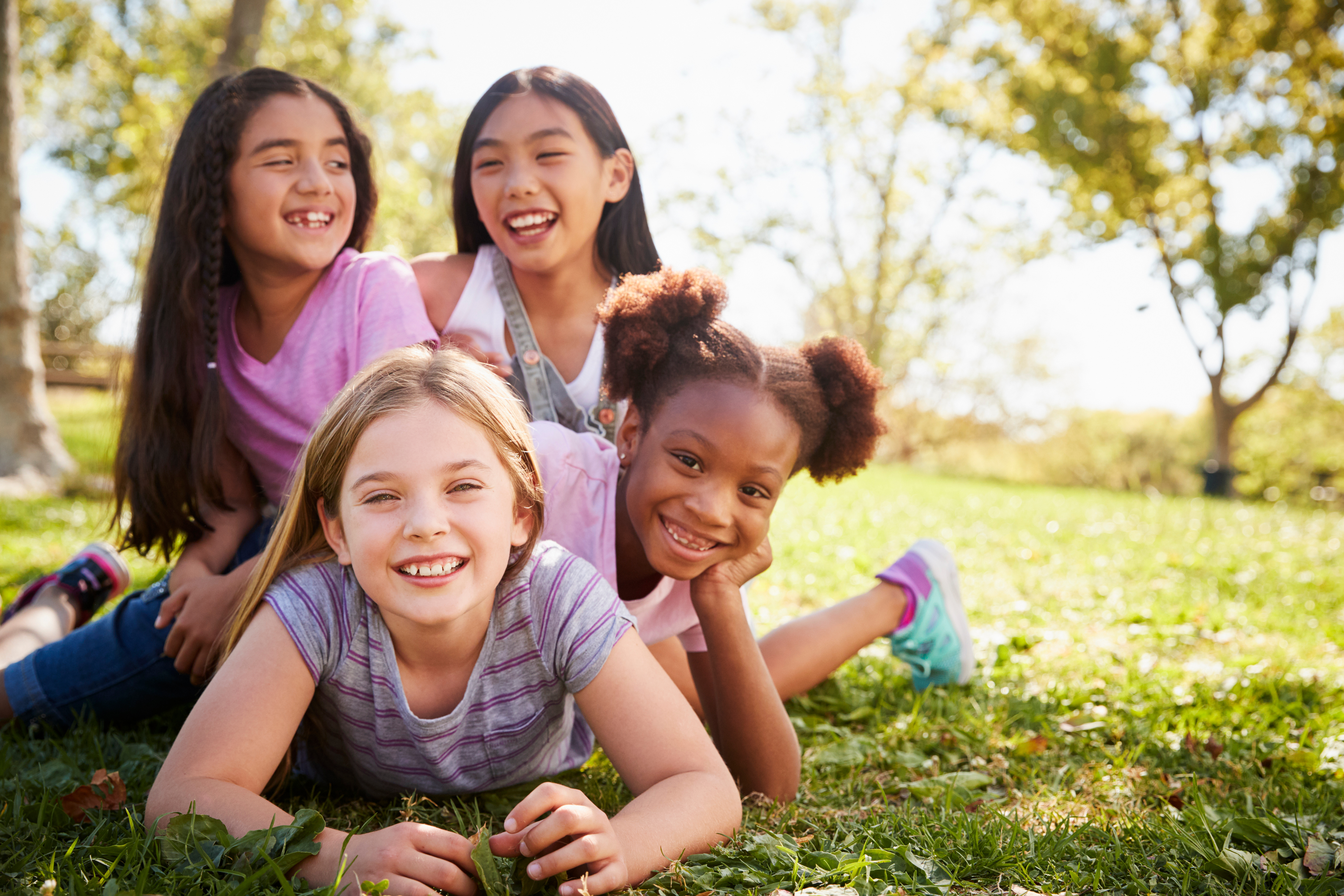
Middle Childhood Needs Increased Focus
Many youth development interventions focus on two critical periods of childhood: the early years and the adolescent years. While there is a lot of data to suggest that these are the two greatest periods of change for
.jpeg)
Youth Sports Can Provide Healing & Connection
Playing youth sports is an important part of the development of many young people. Sports help kids learn to move their bodies safely, encourage them to spend time outside, foster teamwork, and provide a structure for
